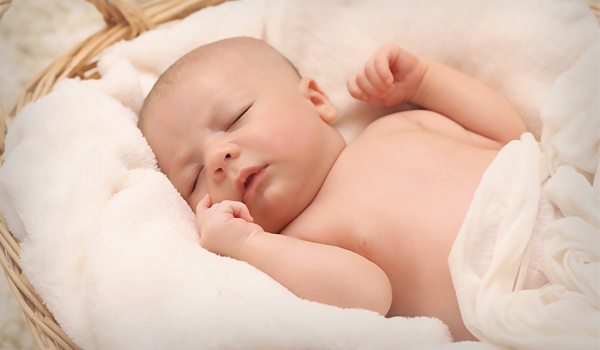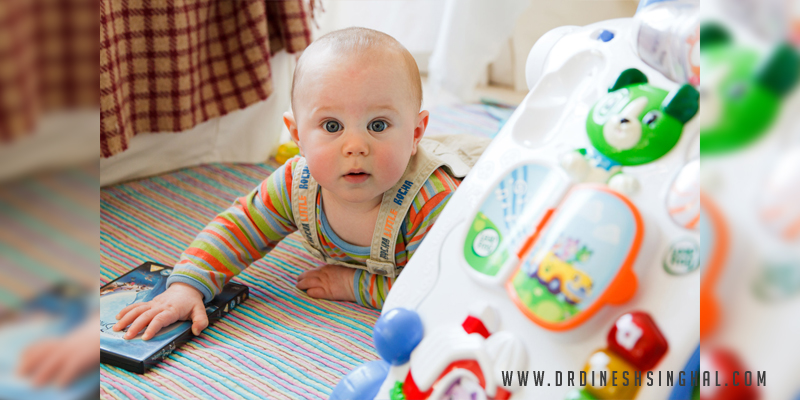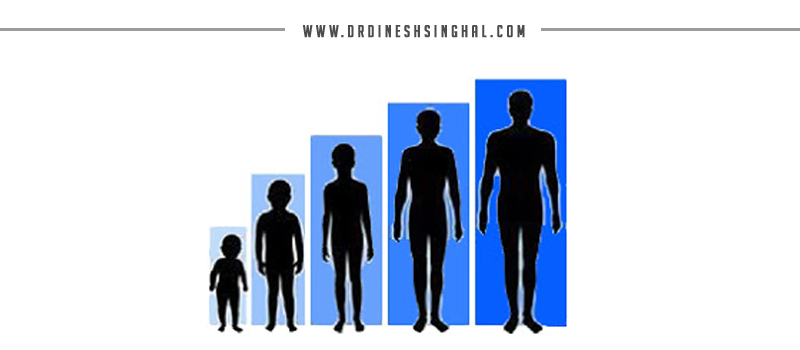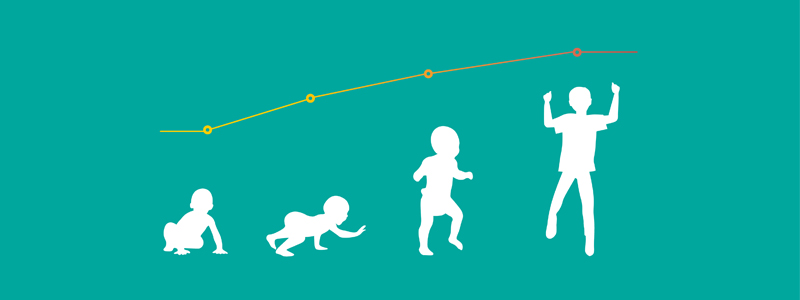
by admdinesh1 | Oct 13, 2017 | blog
Height and Weight Chart for Babies When a new life is born from your womb into your hands it is all about merry, joy and happiness. A complete celebration when you know your baby is healthy. But in order to keep that you must know all about the baby chart of their weight and height until they attain a certain age. Diet – To keep your child healthy you must make sure of the diet. Baby may have correct weight, over or under weight. Important to ensure that baby has the sufficient height and weight required for the age. Over weight can lead to various dangers to the health of the baby. It will cause trouble with the motion of the baby, unable to move limbs causing delay in crawling and walking. It can be controlled by a strict and healthy diet of the infant as well as habits of feeding and entertaining a child. Underweight is another matter to be careful about. Lack of nutrition can be said as a reason for this problem. This can overcome by caring the child with healthy food including milk, baby food or steamed and pasted food (vegetables or grains). Underweight can cause trouble with the timely growth and development of the child. A baby may be born underweight. To prevent this, the mother should be careful about her diet during her pregnancy period. This can be a great way to avoid this problem. Children grow with height and weight along with their age. Their growth might be uneven, rapid but slow down when they reach a certain age. Hence parents...

by admdinesh1 | Oct 12, 2017 | blog
What does Toddler mean ? The word “baby” means to a newborn from birth to the age of 3 years. Infants are babies of age between two months to one year old. So now what does toddler mean? Toddler:-A baby kid between the ages of 12-48 months old is called a toddler. Some say the right age for toddler is from 12-36 months because when the kid grows up to four years old he then starts going to school and that age is considered as preschooler. Some suggest a toddler are kid who has just started to learn how to walk or toddles. So there is no exact definition on this or any age limit is defined. It up to us to decide at what age we take them as grown up child or consider them as preschool kid. Bringing Up Children Bringing up a youngster is tough and one of the most difficult task. It’s like the activity for which individuals get minimum preparation for it. Every individual’s information of how to bring up the child comes from environment and their own childhood. So it’s important to know for parents from beginning the right way to teach the child the right morals values and good manners. If our parenting is wrong then the up growing child upbringing will also be negative. So it’s important for us know how to teach your child and how to behave. Positive Parenting Tips for Toddlers Following are some positive parenting tips for toddlers we as a parent, can do to help your toddler: Tell your kids you like them Loving...

by admdinesh1 | Oct 10, 2017 | blog
Height Growth tips for kids This is a general article regarding height growth tips for kids. Everyone wants their small kids to look cute and healthy but as parents, we want our kid’s tallness to grow up by every passing year. Height and weight of a child grows at a different rate. To ensure the balance growth of each kid it is very vital to consume a good diet and additionally some good workout that will help raise the height of a child. Here are some trouble-free height growth tips for kids in the pre-teen years: Eating habits Eating habits for Carbohydrates, Protein, Calcium and Vitamin. Hale and hearty eating habits have a considerable role on the way to natural development. Your children need to take in a lot of carbohydrates to generate calories which will give your kid’s body plenty of power to grow up. Intake of calcium will support bone development for your kid. Include the milk foodstuffs and green vegetable in daily diet for Calcium. Kid should get ultra violet rays to get sufficient vitamin D. This will promote bone and muscle growth in the children. Also take account of eggs, tofu and pulses in the daily diet as these are wealthy resource of protein, the wonder tonic for the development of a body. Control the eating timetable of your child. Consumption of regular 3 time meal each day, with some snacks is an excellent to do practice. Plenty of workout Persuade your children to engage themselves in sports like skipping, dance, swimming and a lot more of open-air sports that would assist your...

by admdinesh1 | Sep 19, 2017 | blog
Child Development and Care Child development means the physical, mental and emotional changes that occur in every human from birth to adolescence. Child Development and care depends on genetic and upbringing of their parents. This also depends on the incidents that take place during the childhood. Parents have to keep in mind that it is not about adult and small children, infact every child needs a mental and physical development and care according to their age. There are so many children who better grab and learn activities as compared to other children of their age. It is a human nature we learn from our environment. A Child has a different stages to learn the activities according to their age like new born (0-1 month), baby (1 month- 1 Year), toddler (1 Year- 3 Year), Preschooler (4 Year- 6 Year),School going children (7 Year -12 Year) Teenage (13 Year- 19 Years). There are so many factors that play major role in a child’s Social life and environment. As we discussed, every child has a unique learning power according to their environment. But here are some basic and important points which help parents to understand what their child actually needs according to his/her age. (0-2 Years) Physical & Mental Growth – Stand by self, Walk, Speak, Seat on the floor by own, know about toileting, eat by self, Start playing outside with the family guidance, understand the simple direction, identify the pictures, enjoy the music & cartoons, attracts from the different toys, start ride tricycle. Suggestion:- Children of this age need more care and attention because they start toddling,...
by admdinesh1 | Sep 18, 2017 | blog
First Year Birth: BCG, OPV, Hep B ( I ) 4 Weeks : Hep B ( II ) 6 weeks : DPT (I), IPV(I), HiB (I), Rotavirus(I), Pneumococcal(I) 10 weeks: DPT (II),IPV(II), HiB(II),Rotavirus(II), Pneumococcal(II) 14 weeks: DPT( III), IPV(III), HiB(III),Rotavirus(III) Pneumococcal( III) 6 months: Hep B( III ) 7 months: Influenza( I ) /Flu 8 months: Influenza( II )/ Flu 9 months: Measles 12 months: Hep A( I ) Second Year 15 months: MMR 16 months: Chickenpox 18 months: DPT ( IV ), IPV, HiB( IV ) 19 months: Hep A ( II ) 20 months: Pneumococcal Booster 2 years: Meningococcal, Typhoid ( I )/ TCV (Conjugate vaccine) Third Year 3 years: TCV ( Booster) Fourth Year 4 years : DPT , OPV, chickenpox, MMR Fifth Year 5 years : Typhoid (II) Every Year: Flu Adults: Hepatitis A / Hepatitis B / Flu / Pneumococcal These are the recommended immunizations for children from 7 to 18 years NOTE: Yellow Shaded box means that vaccine is recommended for all children of the group age unless your doctor tells that it is not safe for your child to receive the same vaccination. Green shaded box means that vaccine should be given if the child is catching up on missed vaccines. Purple shaded box means that vaccine is recommended for children with certain health conditions that can put them at high risk. Want to know more, Contact us now: +91-9810427503 / 011-28033122...





